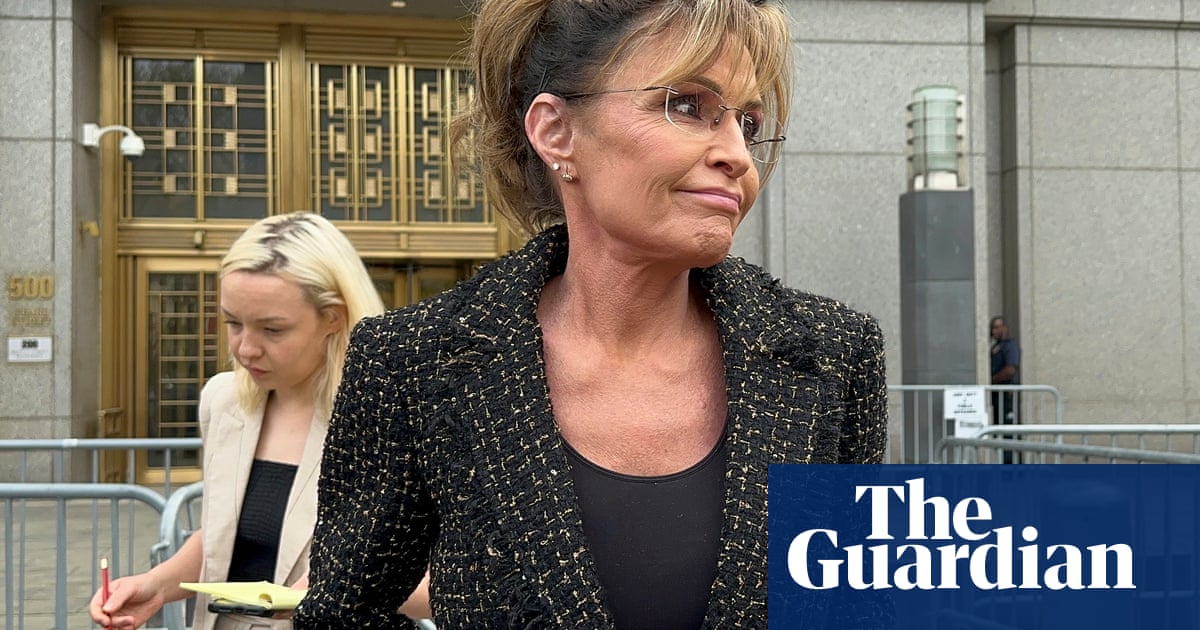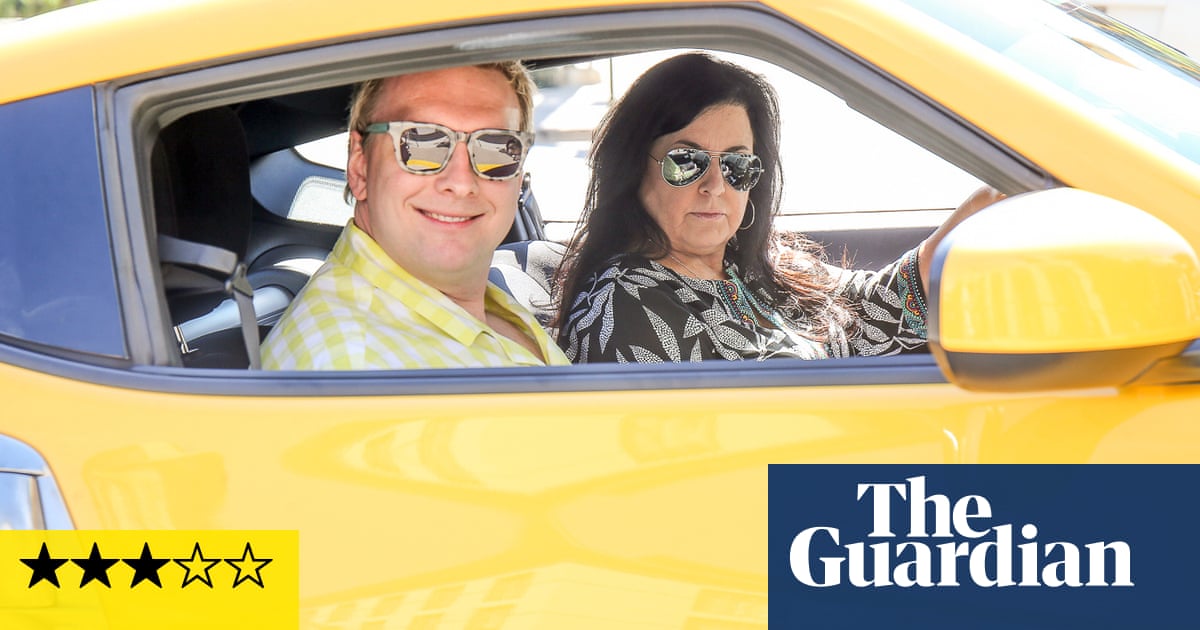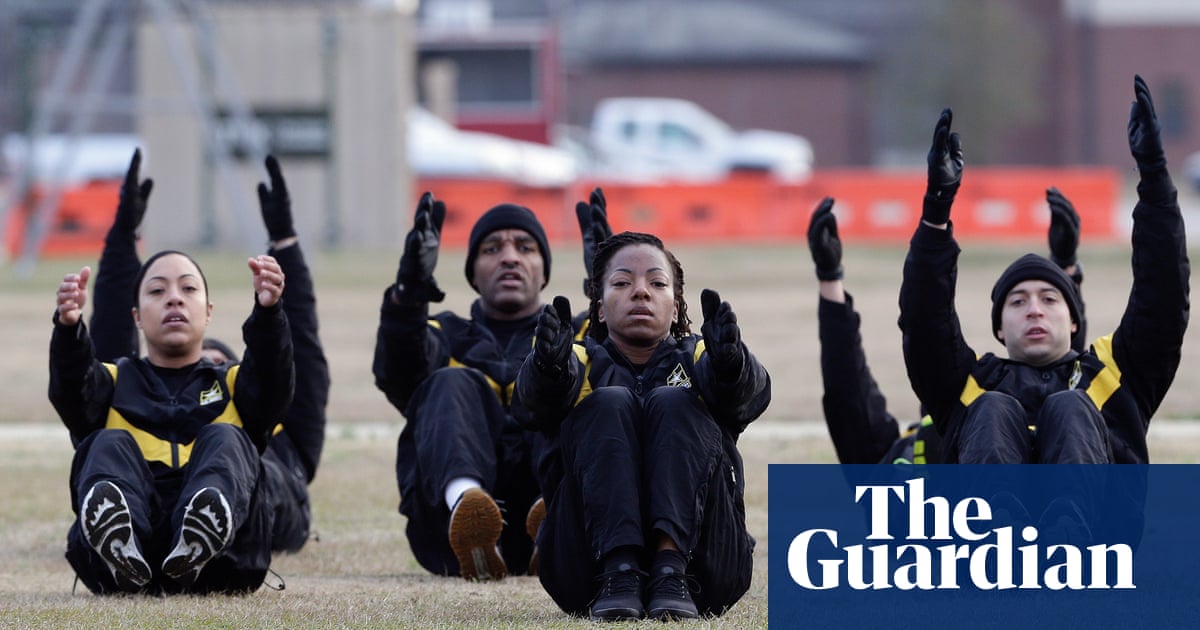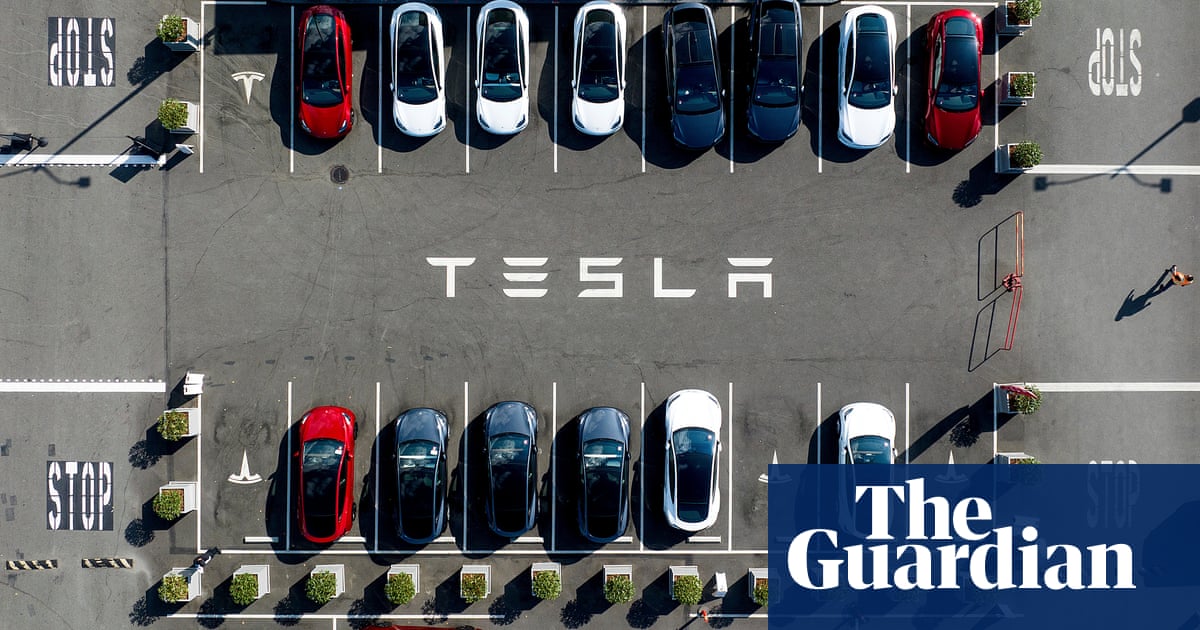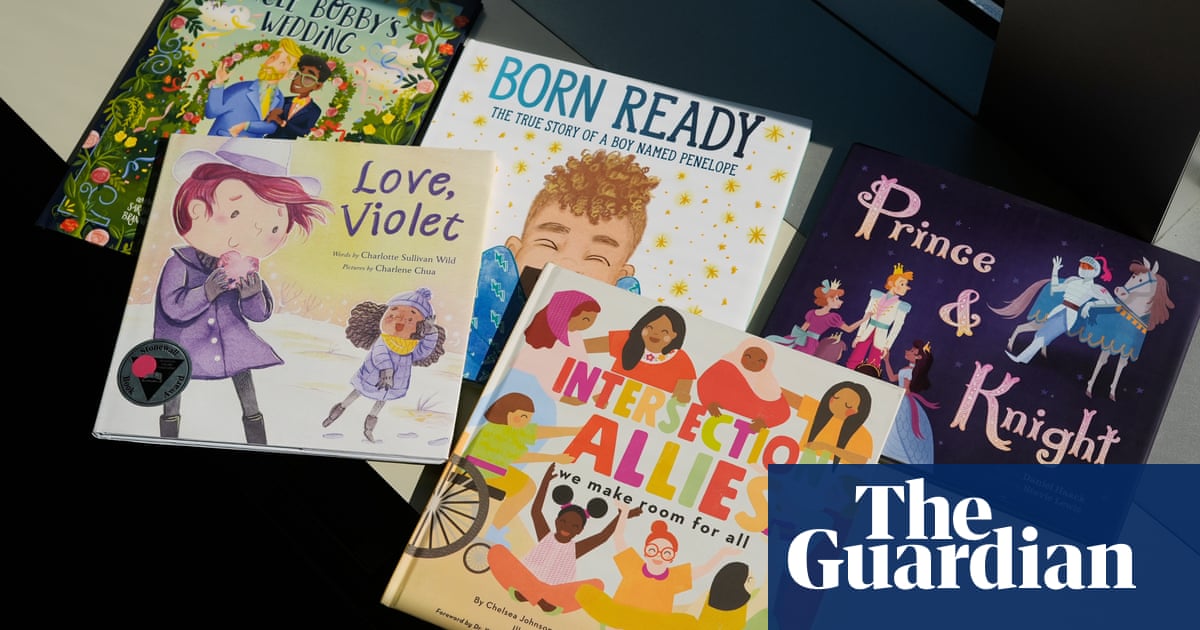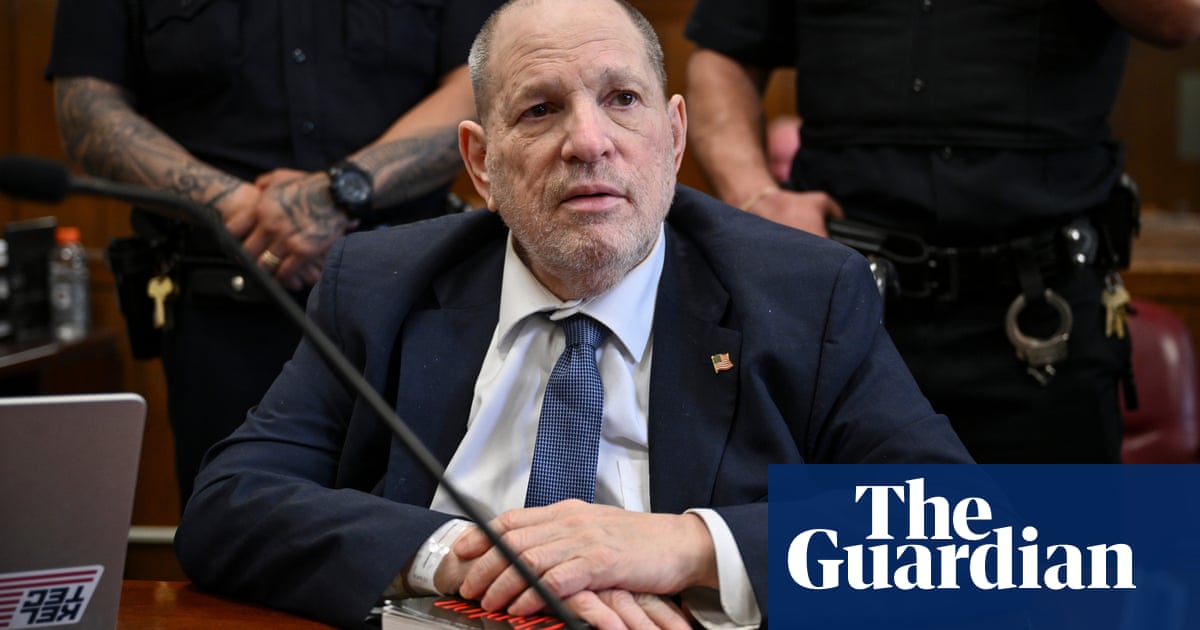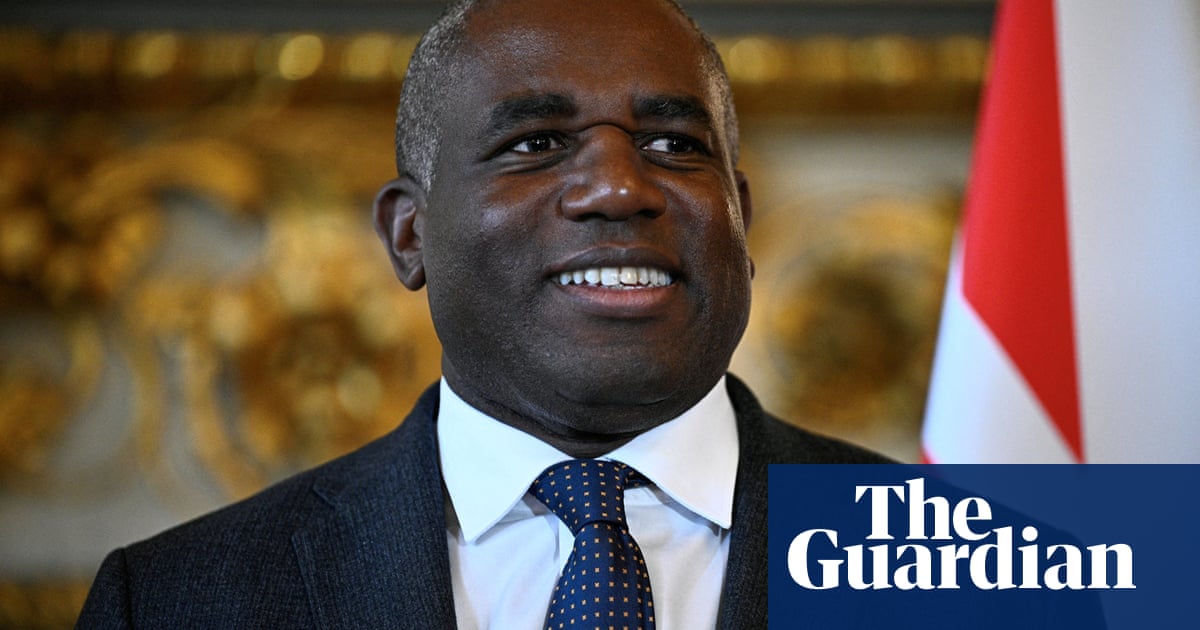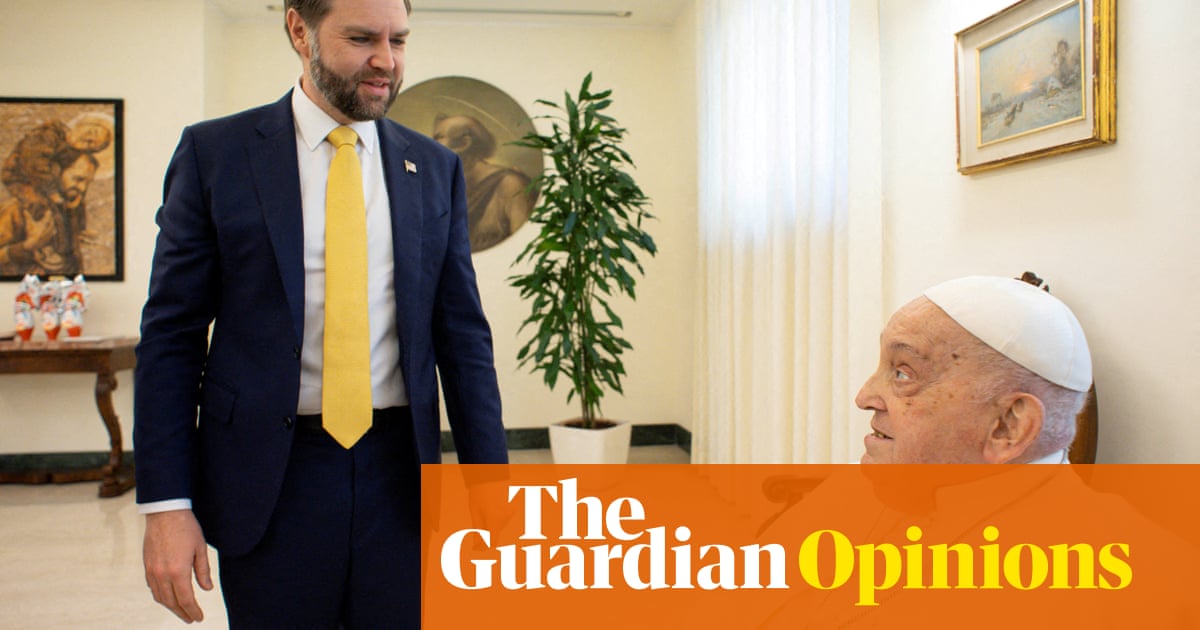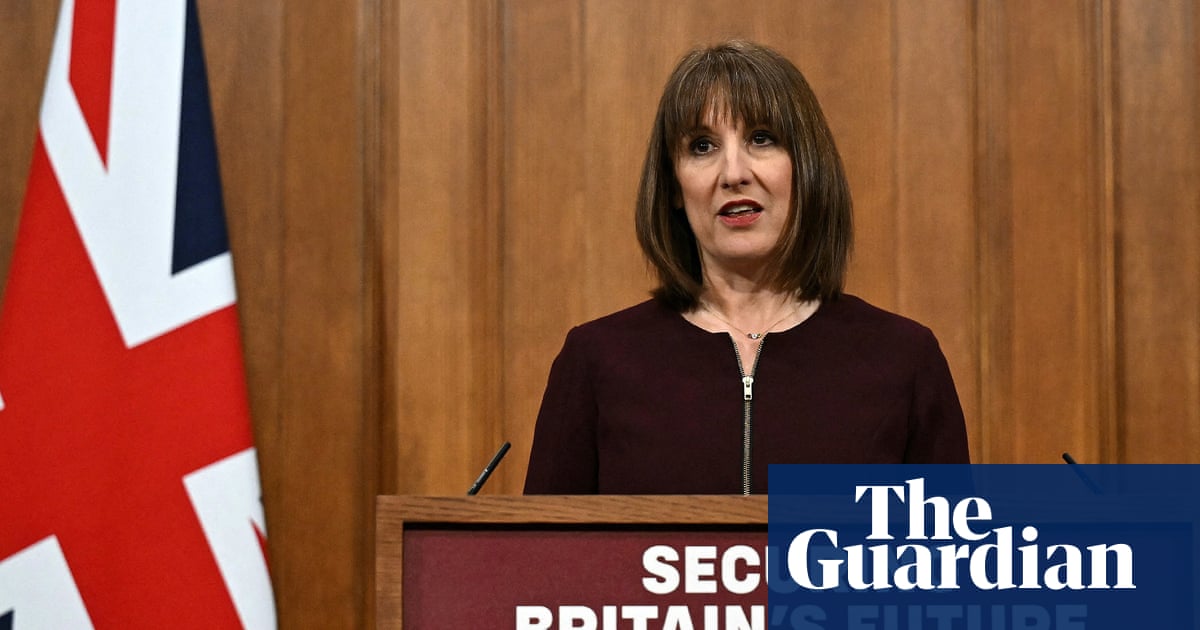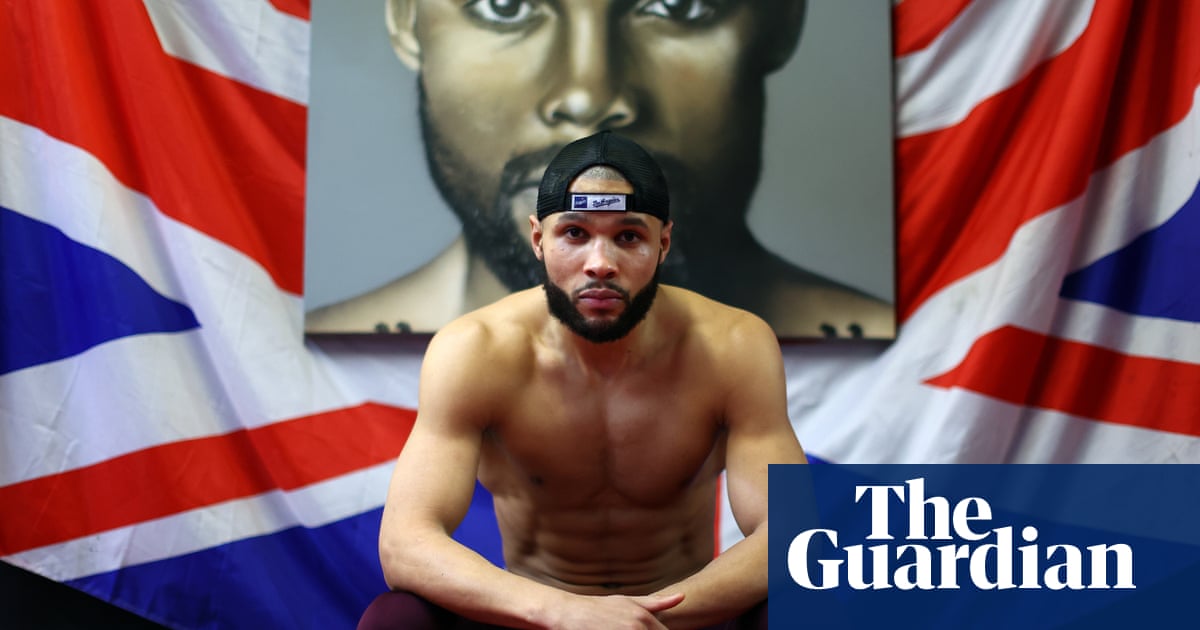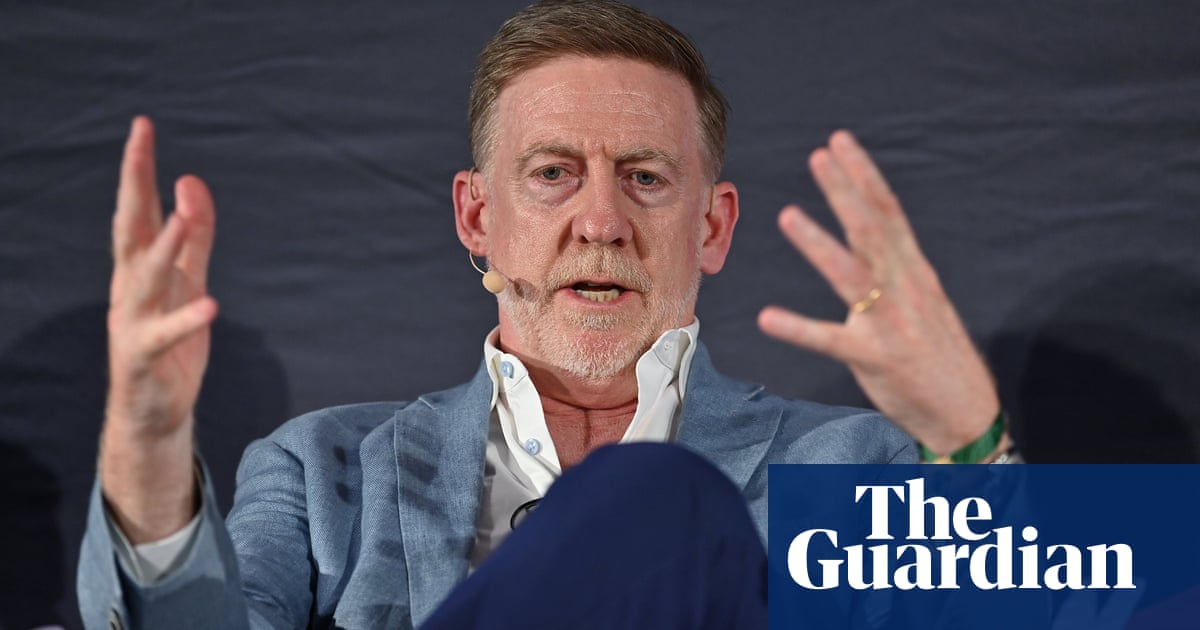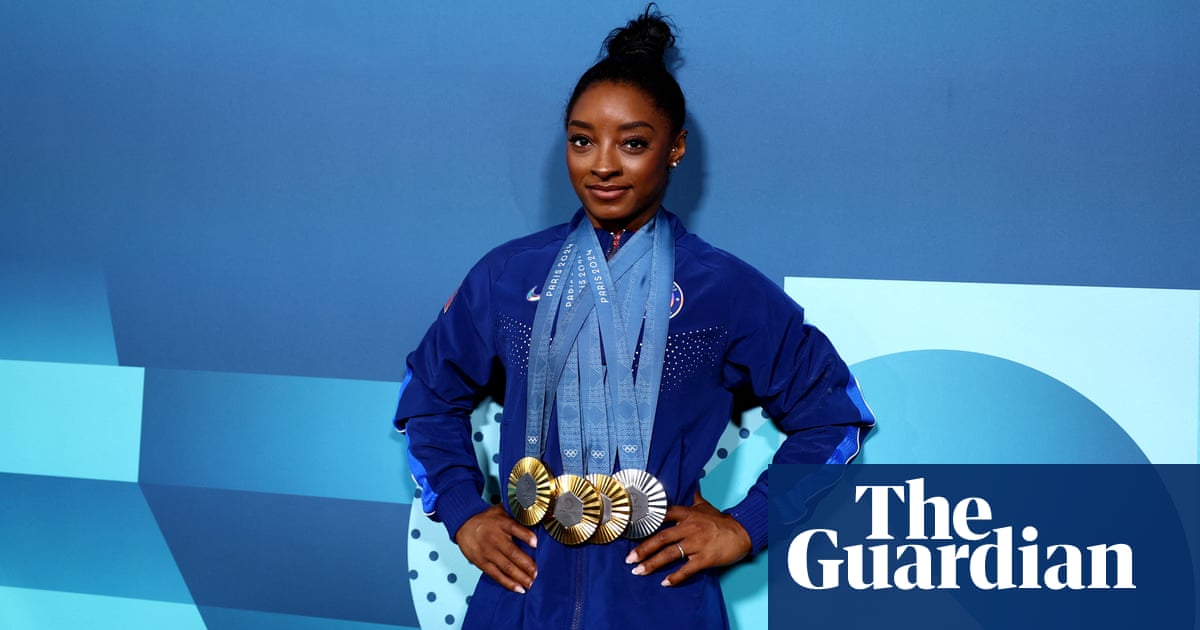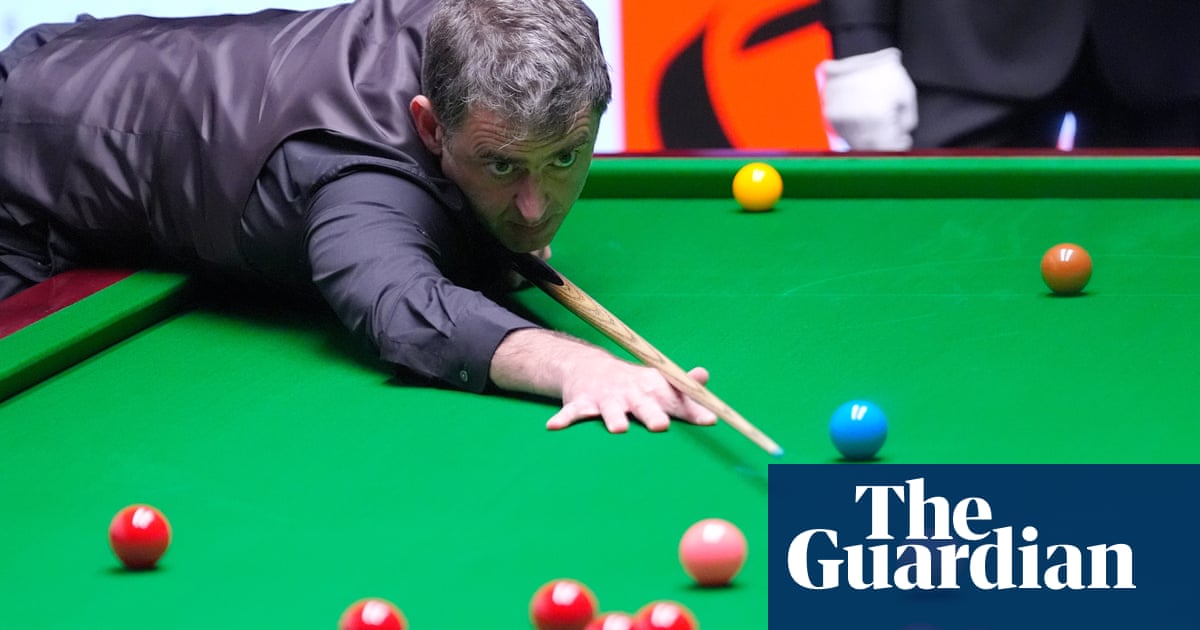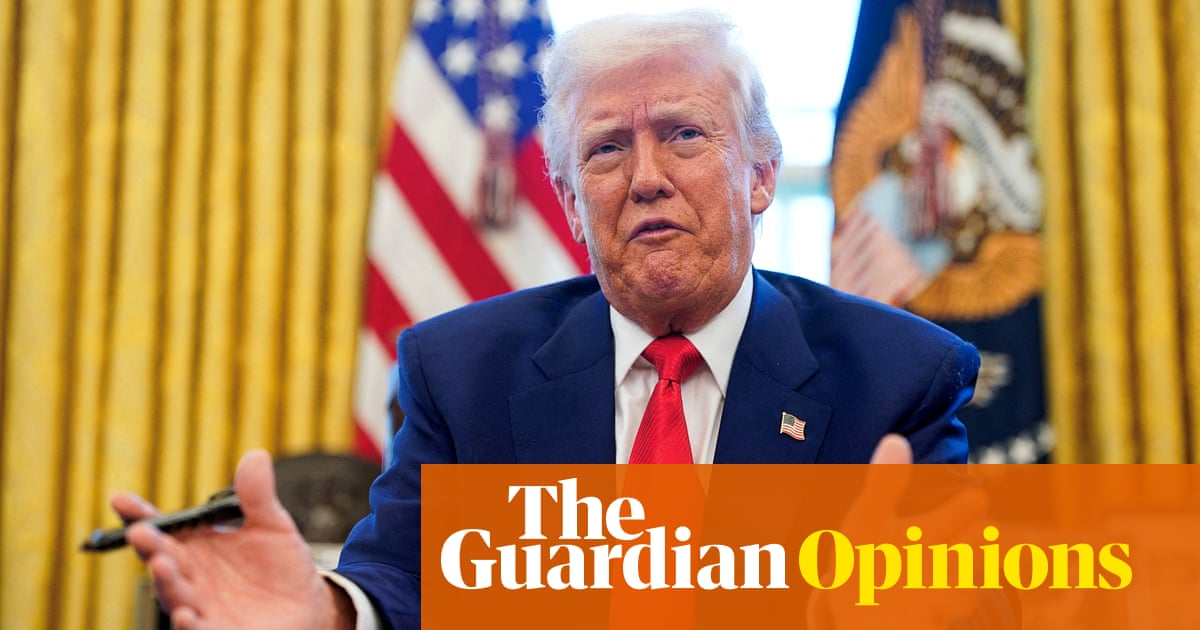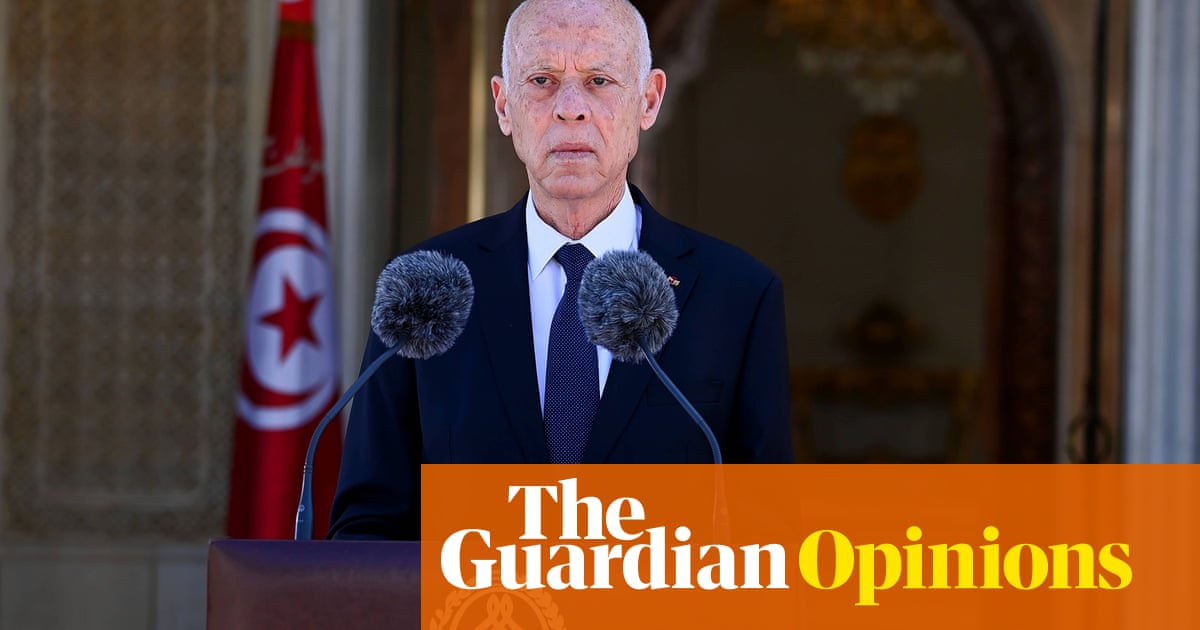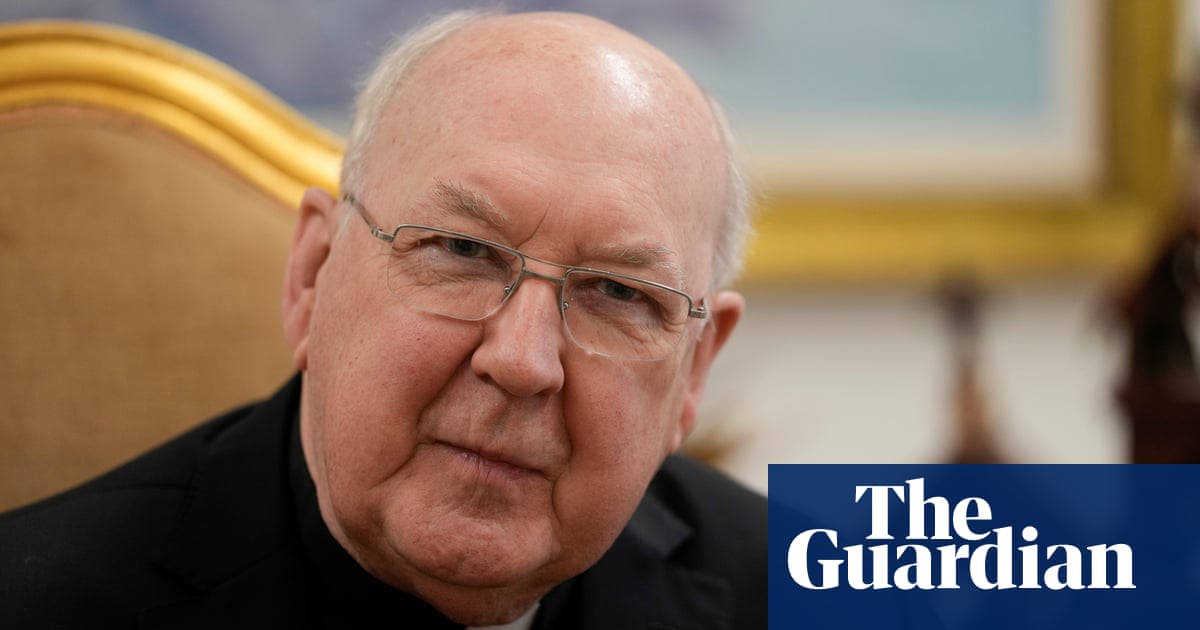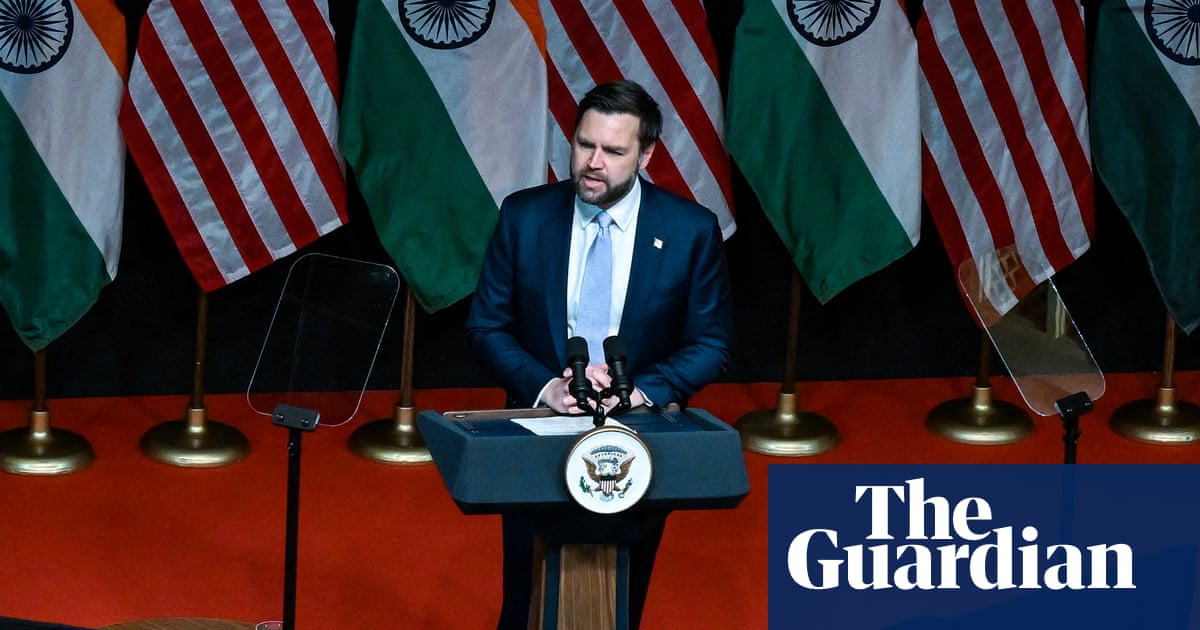Young Australian voters “do actually care” about politics and current affairs, Konrad Benjamin tells Guardian Australia. “Aussie punters are not disengaged,” he says. “Most of the corporate media and politicians just refuse to talk about the big, systemic things that are broken, and how we can fix them.”
The creator behind Punters Politics, with 400,000 followers on Instagram, is a popular source of information in the lead up to the federal election, according to responses to the Guardian Australia young voter callout. He is one of a lineup of independent commentators and journalists creating content on platforms such as Instagram, YouTube, TikTok and Twitch that people told us they are turning to for political information.
While most respondents to our callout indicated they rely on a mix of social media and traditional media for news, influencers and experts have observed a “moral panic” about the increase in young online creators engaging in politics.
For at least 20 years, young people have been moving away from formal politics – such as joining a political party or a volunteering organisation – and towards “issues-based” politics, says Prof Philippa Collin from Western Sydney University. Collin researches the role of the internet in the political lives of young people.
“It’s pretty common that it has been interpreted as young people not being interested or involved in civic engagement or political participation,” she says.
But research points to an increase in participatory politics, where young people “feel a responsibility to do something about the issues that they see in the world, or that affect them directly,” Collin says.
“They want to have more of a say, and to influence the world around them. They are facing a lot of really big issues, which they haven’t played any part in creating … Think about the housing crisis, or the climate crisis, or various conflicts, or the general state of the economy.”
At the same time, young voters have grown up with the internet. Legacy media organisations are increasingly crafting and distributing media in new formats on new platforms, but there are already young creators on those platforms dedicated to particular issues – whether that be groups with a particular focus, such as sustainability and climate, or citizen journalists who “perhaps don’t even have a journalism background, but become important educators,” Collin explains.
Who is influencing young people, and what is their reach?
Hannah Ferguson and her independent news commentary page Cheek Media Co and podcast Big Small Talk were collectively mentioned more than any other independent social media creators by people who responded to our callout.
Her Instagram pages have a total of 271,200 followers. Cheek Media Co publishes short reels on politics that attract tens to hundreds of thousands of views. One reel from January that breaks down the opposition leader Peter Dutton’s voting history on key issues such as housing affordability and Hecs indexation racked up 1.2m views, more than 40,000 likes and thousands of comments.
Ferguson, who has recently interviewed Anthony Albanese and Adam Bandt, was one of a dozen content creators invited to the 2025 federal budget lockup, a move that was criticised by politicians and traditional media organisations.
Benjamin’s Punters Politics, Jordan Shanks from Friendlyjordies and Juice Media were also frequently named by respondents.
Along with his Instagram page, Benjamin has almost 140,000 subscribers on YouTube, with videos on both platforms consistently reaching hundreds of thousands of viewers. He is known for critiquing big corporate industries, such as gas companies and supermarkets.

Shanks, a comedian known for his political commentary, continues to have the largest follower base and viewership on YouTube of the Australian creators mentioned by callout respondents. He posts to 1.38 million subscribers.
Juice Media, known for its “honest government ads”, has more than 1 million subscribers on YouTube, with videos consistently garnering half a million views or more.
Pages such as Toilet Paper Aus on Instagram, Swollen Pickles on YouTube, and Purple Pingers on YouTube – whose creator Jordan van den Lamb is running for a Senate seat for the Victorian Socialists in this election – were also mentioned by callout respondents, as were journalists such as Antony Loewenstein, Jan Fran, the former political reporter at Guardian Australia Amy Remeikis, and Soaliha Iqbal.
Abbie Chatfield, who was a reality TV contestant and host, and who now has half a million Instagram followers, is another name mentioned by callout respondents. Her interviews with Albanese and Bandt on her hit podcast It’s a Lot were cleared of wrongdoing by the Australian Electoral Commission after a complaint by the Liberal party. A snippet of her interview with the prime minister posted to Instagram reached more than 700,000 viewers.
Chatfield has encouraged her followers to put the Liberal party last on ballot papers, and in response to the AEC investigation said, “there’s moral panic about influencers in politics”.
after newsletter promotion
Collin agrees. She says there is a paradox here: “On one hand, we have these discourses around young people not being interested in, not engaging in or caring about political issues.
“Then, as soon as the media and actors in society who [young people] listen to and engage with start talking politics, there is big concern about what is and isn’t appropriate.
“This is just another classic moral panic around young people,” she says.
Freya Leach, who was the Liberal candidate for Balmain during the 2023 NSW election, posts conservative takes to just over 14,000 TikTok followers. Her videos on the upcoming election, frequently promoting Liberal policies to boost gas production and cut migration numbers among other things, have reached tens of thousands of viewers each.
The Australian Olympic diver Sam Fricker interviewed Dutton on his YouTube channel, which has close to 6 million subscribers, in December last year. The hour-long video reached less than 7,000 views. Fricker also recently interviewed the billionaire Clive Palmer, and energy minister, Chris Bowen, on his podcast.
‘Talkback radio reincarnate’
Benjamin doesn’t consider himself a journalist. He says independent creators are “in a lane of our own”.
“I’m not uncovering new stories. I don’t have an editor … I don’t have a team of people making sure my facts are correct.”
While he has the social media following of an influencer, Benjamin doesn’t use that moniker. He prefers “video creator”, and says he is a “communicator”.
“You have scientists, you have journalists, you have economists.
“I feel like creators like myself step into the gap and do a bit of filtering … ‘That’s a distraction’, ‘this makes sense’, ‘let me explain this complex thing in a way that we might be able to understand’.”
Benjamin thinks Australians are looking for “authenticity” amid “the clinical way media presents information”.
Collin says what unites Ferguson, Benjamin and Chatfield is that they relate to a younger audience.
“They are disrupting the traditional discourse around young people and politics, and they are more likely to present as engaging in conversation and an exchange with their audience than other forms of media and political actors who tend to speak to their audience.”
Benjamin describes the phenomenon as “talkback radio reincarnate” and says the goal is to make politics accessible to “everyday Aussie punters”.
The former high school teacher started Punters Politics because “it is getting harder and harder to do the very basic, simple things we are told to do”.
“Millennials, Gen Z, are told to get a job, go to uni, work hard,” he says. As younger voters grow up, they end up hitting a wall – ‘Hang on, I’m never going to own a house’.”
It is then that young people realise the system is broken, Benjamin says, and want to engage.
This sentiment was frequently raised by young voters who responded to the Guardian’s callout. Collin has observed it in her research as well. She says there is increasing fear and anxiety.
“Many young people are losing hope that they can have a good life through effort and making good decisions,” she says.
At the same time, her research shows young people are increasingly expressing a desire for “a more egalitarian and a more caring society, a society that cares about the people in it, as well as the environment, and also cares about Australia’s role in the world”.
“I think there’s an interesting role that the kind of newer and more independent, unorthodox forms of media commentators or journalists are providing, and that is, they’re connecting with that search for hope that things can be different.”

 6 hours ago
4
6 hours ago
4
